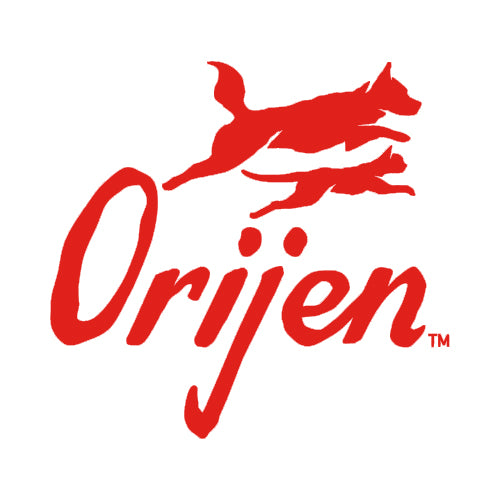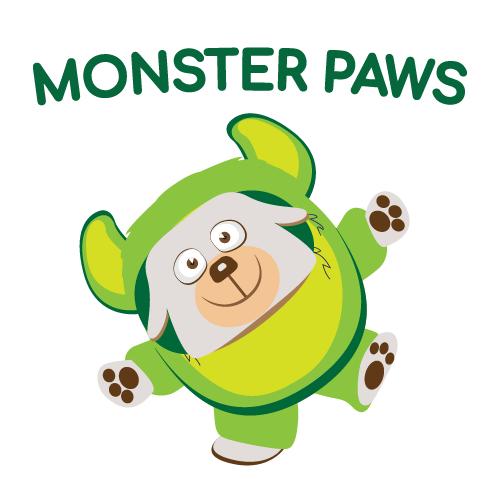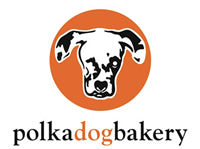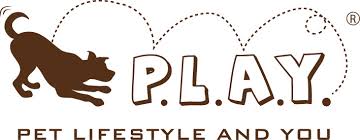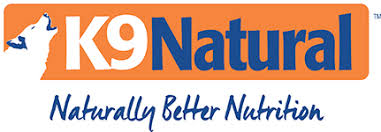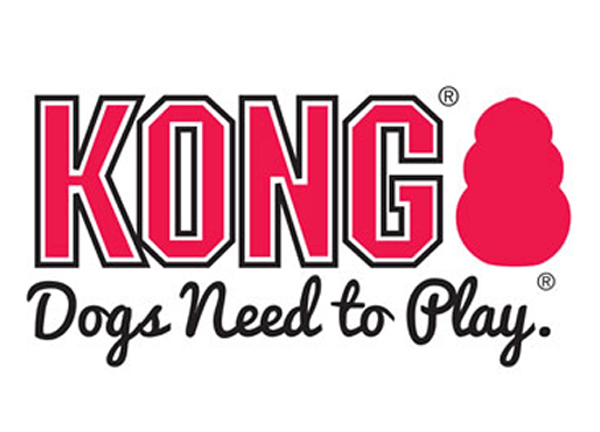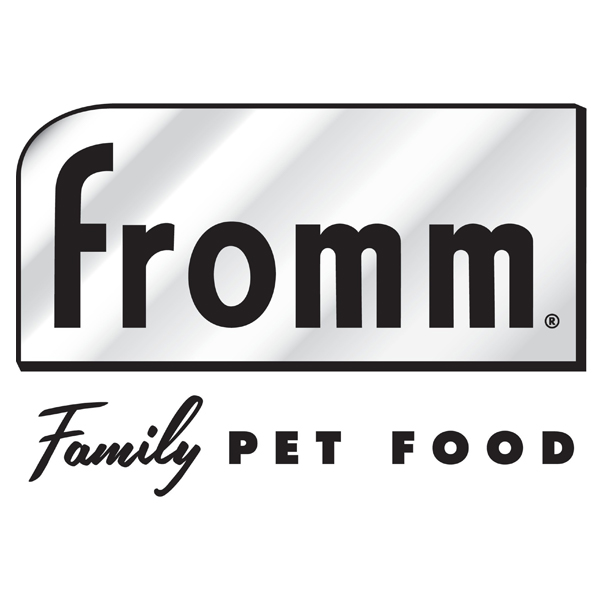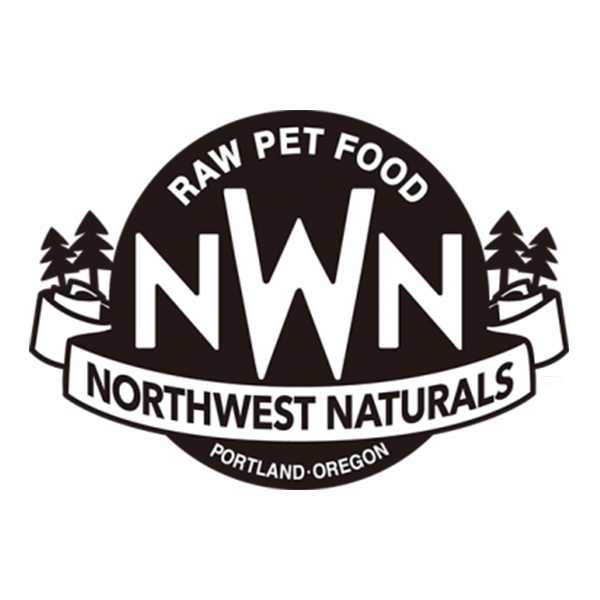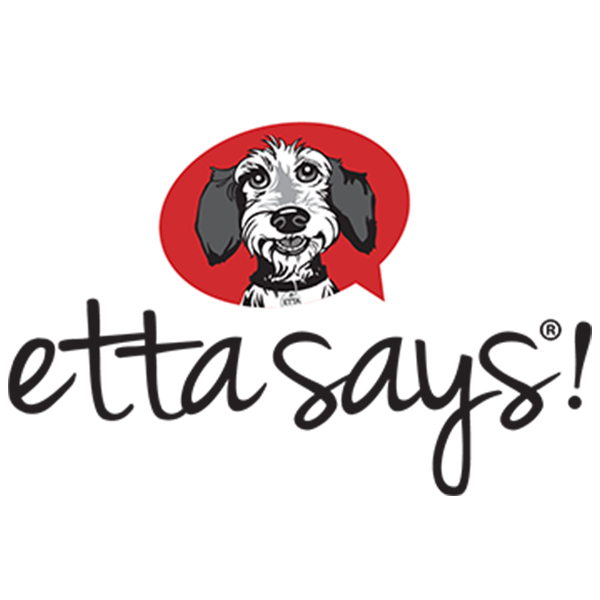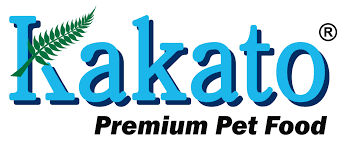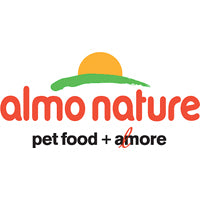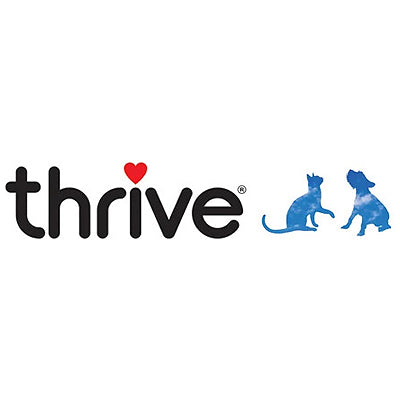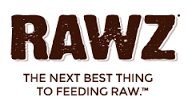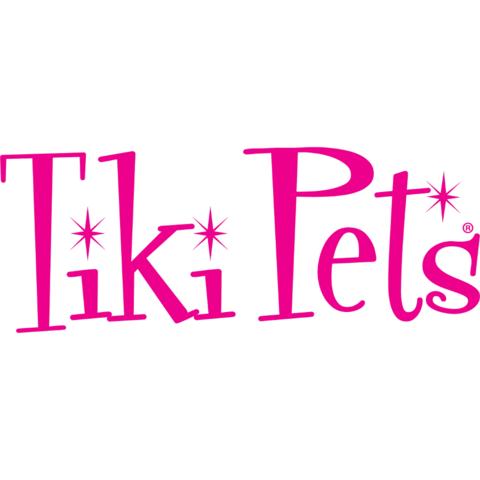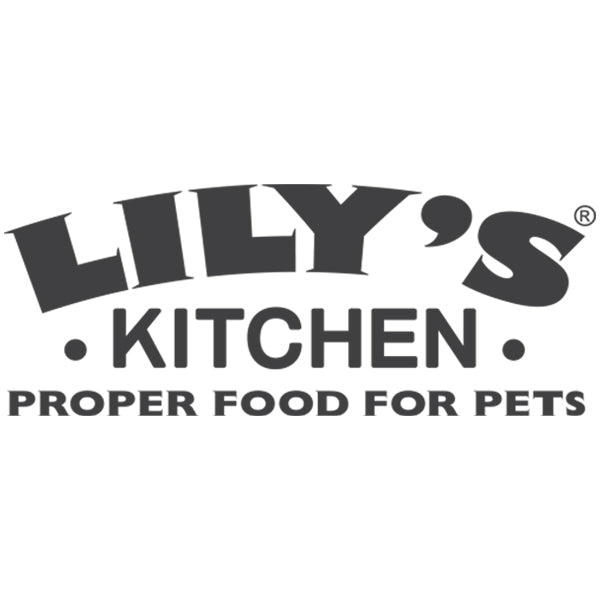Cooperative Care Increases Animal Quality of Life
Stephanie Wan Editorial Date:As pet parents, we know that it can be a struggle to take our dogs to the vet, the groomers, or even to give them a bath at home. Regardless of whether your dog tries to hide, or outright panics, fear of handling procedures gets in the way of them getting the care that they need, causing stress for both dogs and humans.
When training our dogs we often focus on obedience skills such as sitting on cue or not eating until we say it’s ok. But when we shift our focus from obedience to communication, we discover a whole range of other skills that we can teach our dogs, and turn them into functional behaviours that empower our dogs and increase their quality of life.
How? Let us introduce you to Cooperative Care.
Contents
What is Cooperative Care?
Cooperative care is a way to teach animals to not only tolerate, but willingly participate in handling procedures such as vet examinations, baths, nail trims, eye care, ear care, or any other event that they may find unpleasant. Although it may seem counterintuitive, cooperative care actually gives control to the animal, letting them decide when the handling procedure begins, and when it ends.
Having a sense of control makes unpleasant procedures more tolerable. We may not like going to the dentist, but we endure it because we know it’s important, and we have the ability to ask the dentist to stop at any time. For animals, they cannot understand the importance of getting a vet checkup or getting their ears cleaned. But giving them the same ability to say “stop” reduces their fear and stress of the handling procedure, and increases their confidence and tolerance of being handled. When trained correctly, you have an animal who willingly participates in a handling procedure even if they previously found it unpleasant.
From Zoo to Companion Animals
Cooperative care training is common in zoos, where it is not possible or safe to forcibly restrain the animals. Tigers can be trained to open their mouths for dental exams, hyenas can learn to stand still to get their blood drawn, and polar bears can be taught to place their paws on a plate for an x-ray. Surprisingly, cooperative care training is not as well known in the pet community, likely due to the fact that it is possible to physically restrain our pets. Although it may seem easier to just hold a dog down while they get examined by the vet, we owe it to our dogs to take their feelings into consideration. Teaching cooperative care is much more humane and reduces stress for us and our furry friends. And if a polar bear can do it, so can our dogs!

How Do Animals Give Consent?
Giving control to the animal means asking for their consent or permission before beginning a handling procedure. By using a specific behaviour as a “start button”, you can teach your dog that they have the ability to give and withdraw consent. The handling procedure begins ONLY when your dog performs the start button behaviour, and stops any time they break from the behaviour. A common start button is a chin rest, where your dog places their head in your hand or on another surface like a chair. A simple trick becomes a functional behaviour that your dog uses to communicate with you.
Slowly introducing your dog to the handling procedure, while giving them the control to opt in or out, builds their confidence and reduces their stress. They learn to know what to expect, and know that they can say “stop” at any time. The result is a stress-free way to perform handling procedures, for both dog and human!

When You Cannot Give Them a Choice
In order to maintain trust, it is very important that whenever we give our dogs the choice to opt in or out of a handling procedure, we honour that choice. This means that if they do not give consent, we do not perform the procedure. In emergency situations where we cannot accept no as an answer, we should not offer the choice at all. Do not ask for the start button behaviour, and just perform the handling procedure as needed. If you have practiced cooperative care in advance, then even though your dog cannot opt out this time, they will already be more confident and tolerant of the procedure, and will be much less stressed than if you had not practiced anything.
Cooperative care helps our dogs predict what will happen, reducing stress and giving them control over their own bodies. It takes a lot of practice to prepare our dogs for the actual handling procedure, but if the result is a stress-free pup, then it is worth it. Dogs are sentient beings, and as their guardians it is our responsibility to respect their feelings and show them compassion. They deserve it!

